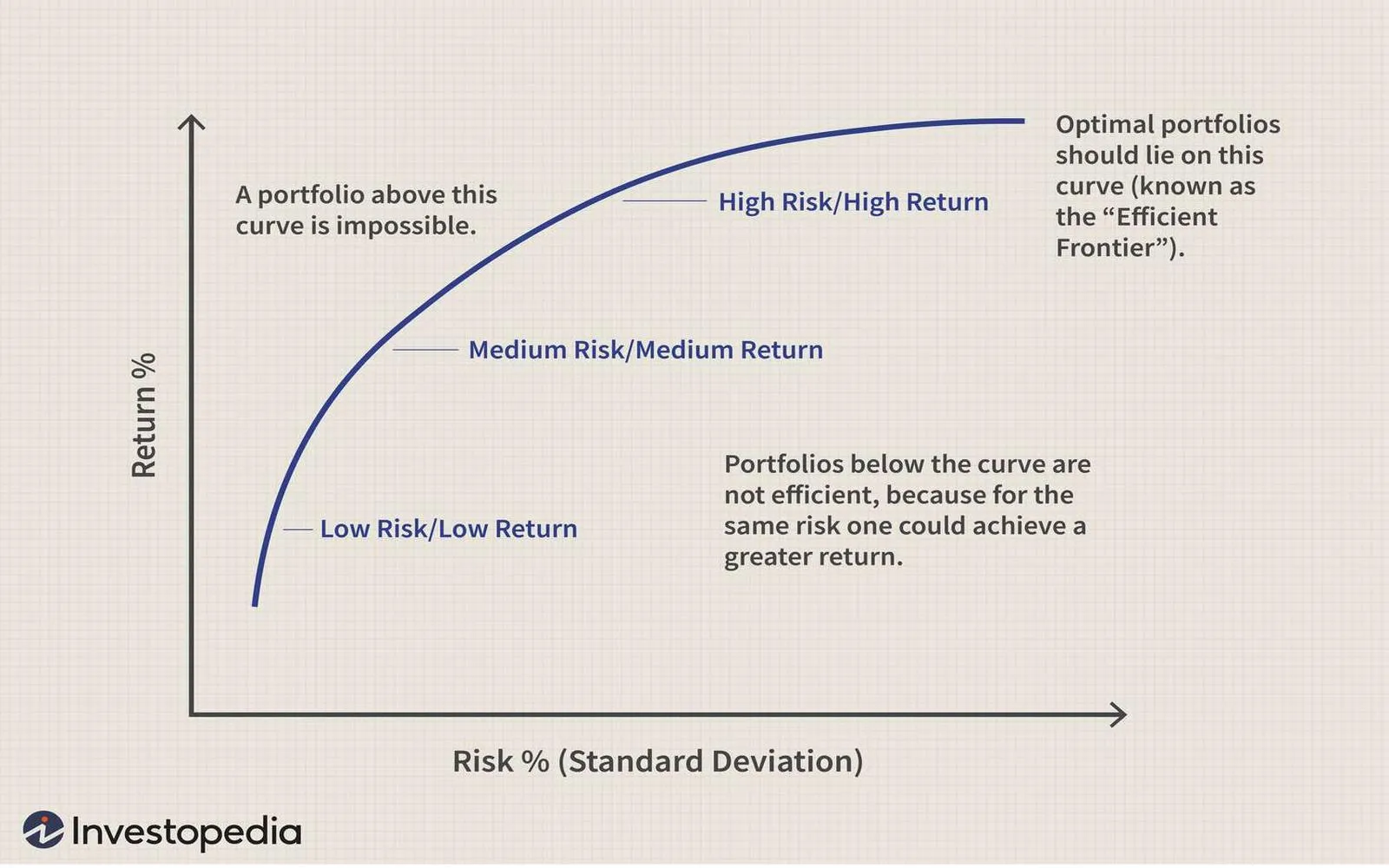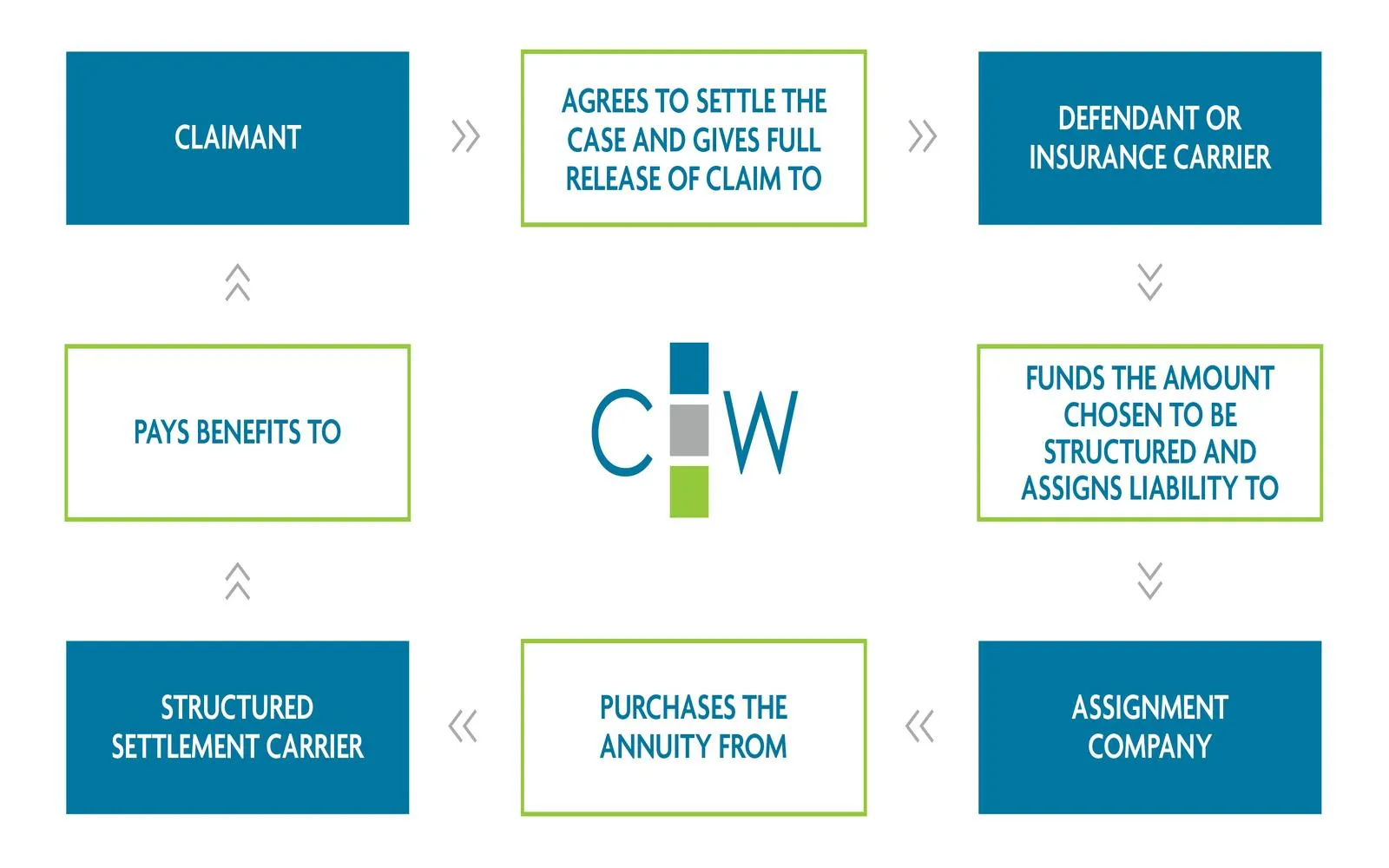What Are Overdenture Implants?
Overdenture implants are a type of dental prosthetic solution designed for patients with few remaining teeth or those who have experienced significant tooth loss. These implants serve as a stable foundation for dentures, allowing for improved functionality and comfort. By anchoring the denture to the jawbone, overdenture implants help prevent bone loss and enhance oral health.
Types of Overdenture Implants
There are primarily two types of overdenture implants: bar-retained and ball-retained. Each type has distinct characteristics that cater to different patient needs.
- Bar-retained overdentures: These consist of a metal bar that is attached to the implants. The denture clips onto the bar, providing a steady and secure fit.
- Ball-retained overdentures: These feature a ball-and-socket mechanism where the implants have ball attachments that fit into sockets on the denture. This method offers flexibility and ease of removal.
Who Is a Good Candidate for Overdenture Implants?
Patients who are missing multiple teeth or have failing teeth may be ideal candidates for overdenture implants. Key factors that determine candidacy include:
- Overall oral health
- Bone density and volume in the jaw
- Commitment to maintaining oral hygiene
- Personal health conditions that might affect healing
Consultation with a dental professional is essential to evaluate these factors and determine the best treatment plan.
The Overdenture Implant Procedure
The process of getting overdenture implants typically involves several steps:
- Initial Consultation: A thorough examination and imaging studies are conducted to assess bone structure and overall dental health.
- Implant Placement: The implants are surgically placed into the jawbone under local anesthesia. Healing time is necessary for the implants to integrate with the bone.
- Abutment Placement: Once healed, abutments are attached to the implants to connect the overdenture.
- Denture Fitting: The final step involves fitting and adjusting the overdenture for optimal comfort and function.
Common Concerns and FAQs
1. How Long Do Overdenture Implants Last?
With proper care and maintenance, overdenture implants can last many years, often over a decade. Regular dental check-ups and good oral hygiene practices are crucial for longevity.
2. What Is the Recovery Time?
Recovery times can vary depending on individual health and the complexity of the procedure, but patients typically need a few days to a couple of weeks to return to normal activities. Full osseointegration usually takes a few months.
3. Are Overdenture Implants Painful?
While some discomfort is expected post-surgery, most patients report that the procedure is less painful than anticipated. Pain management strategies, including medications, will be discussed by your dental professional.
4. How Much Do Overdenture Implants Cost?
The cost of overdenture implants can vary widely depending on location, the complexity of the case, and the materials used. On average, patients should expect to pay between $20,000 and $30,000 for the entire process, including the implants and dentures.
5. Are There Any Risks Involved?
As with any surgical procedure, there are risks associated with overdenture implants, including infection, implant failure, and nerve damage. Discussing these risks with your dental professional will help you make informed decisions.
Benefits of Overdenture Implants
Choosing overdenture implants comes with numerous advantages:
- Improved Stability: Overdentures anchored by implants provide enhanced stability compared to traditional dentures.
- Better Aesthetics: These implants help maintain facial structure, preventing the sunken appearance that often accompanies tooth loss.
- Enhanced Comfort: Overdentures reduce irritation and discomfort often associated with traditional dentures.
- Improved Oral Health: By stimulating the jawbone, implants help to prevent bone loss, which is common in patients with missing teeth.
Conclusion
Overdenture implants offer a reliable and effective solution for those struggling with tooth loss. By addressing common queries and providing essential insights, patients can approach their dental journey with confidence. Always consult a qualified dental implant specialist to determine the best options tailored to your needs.









